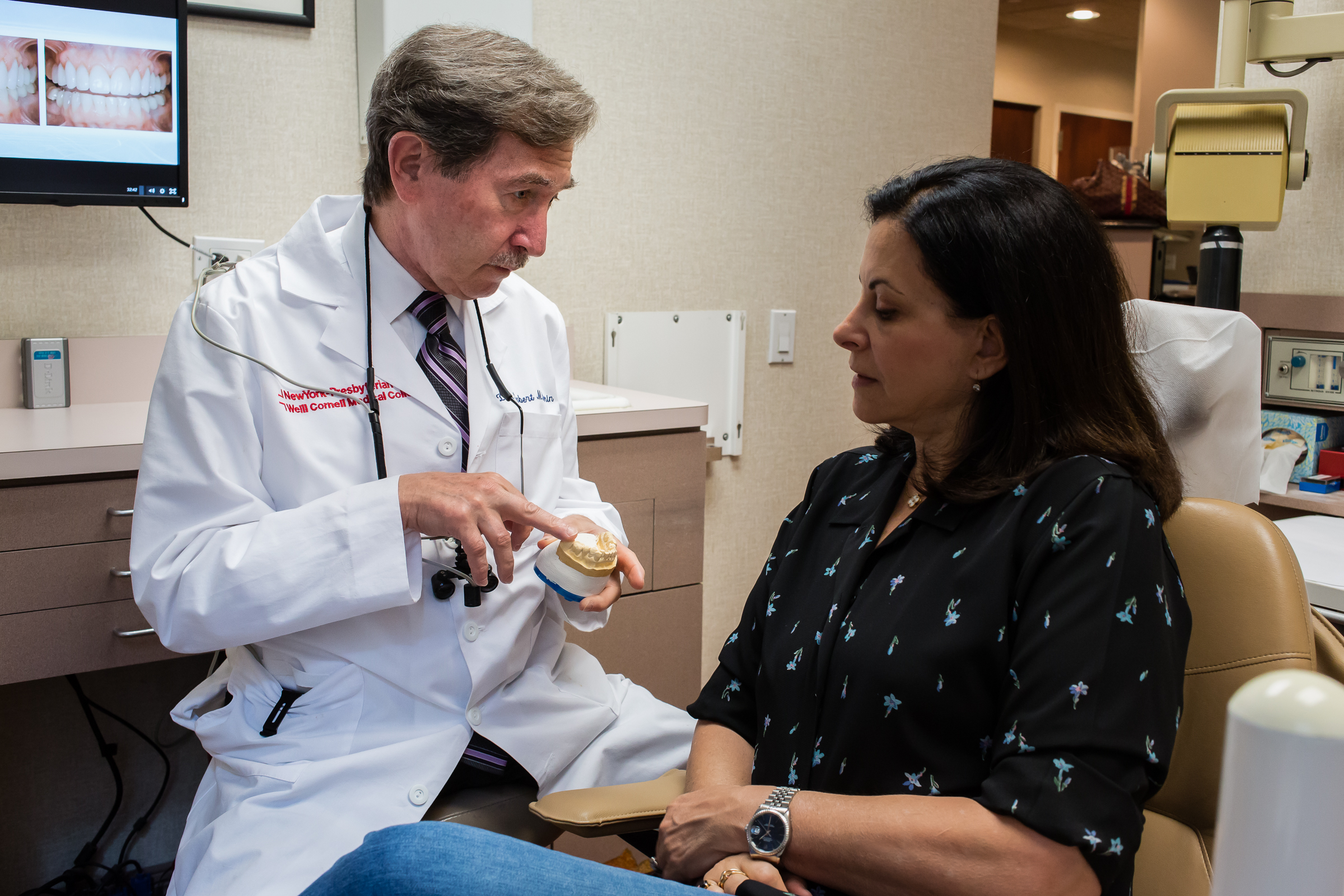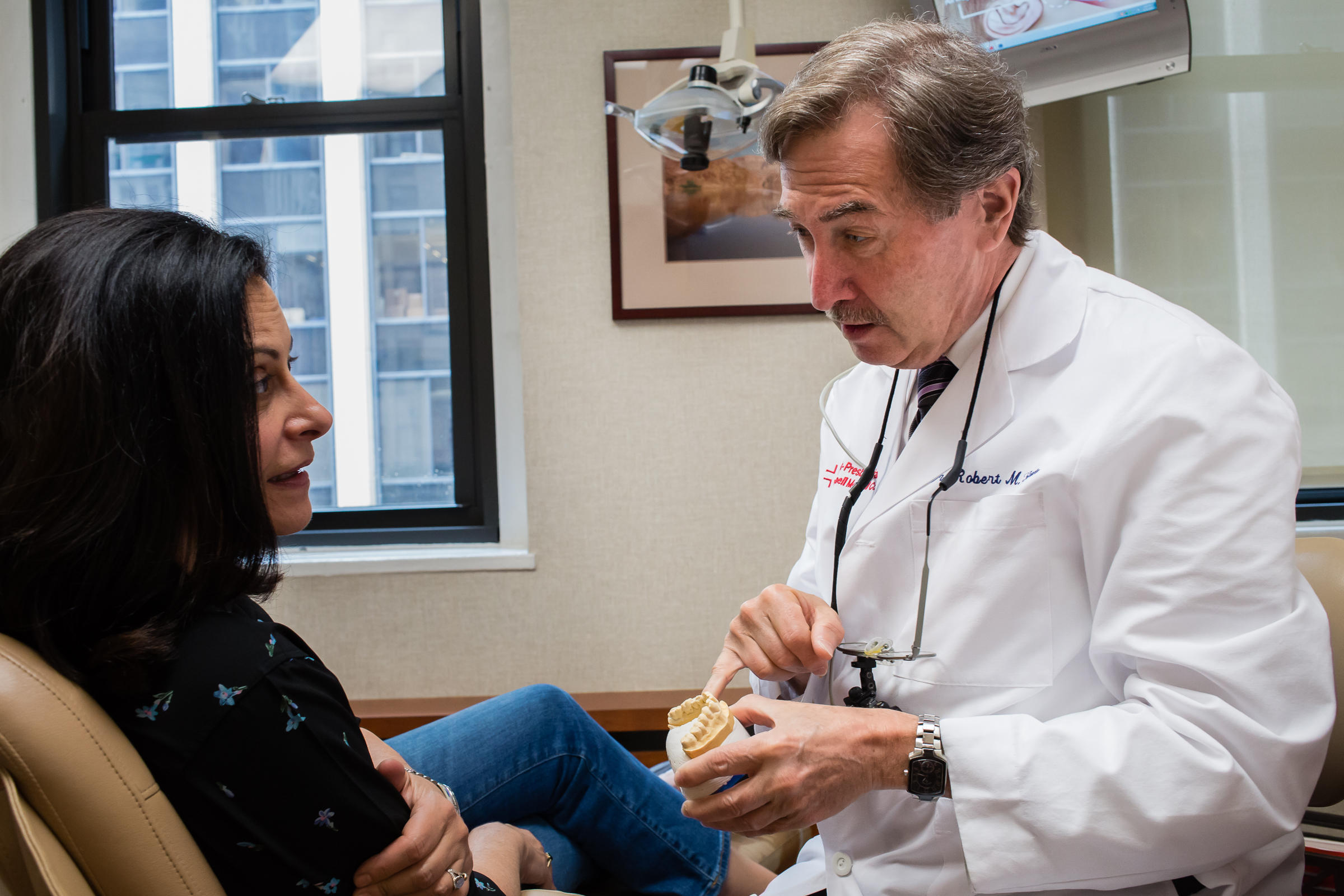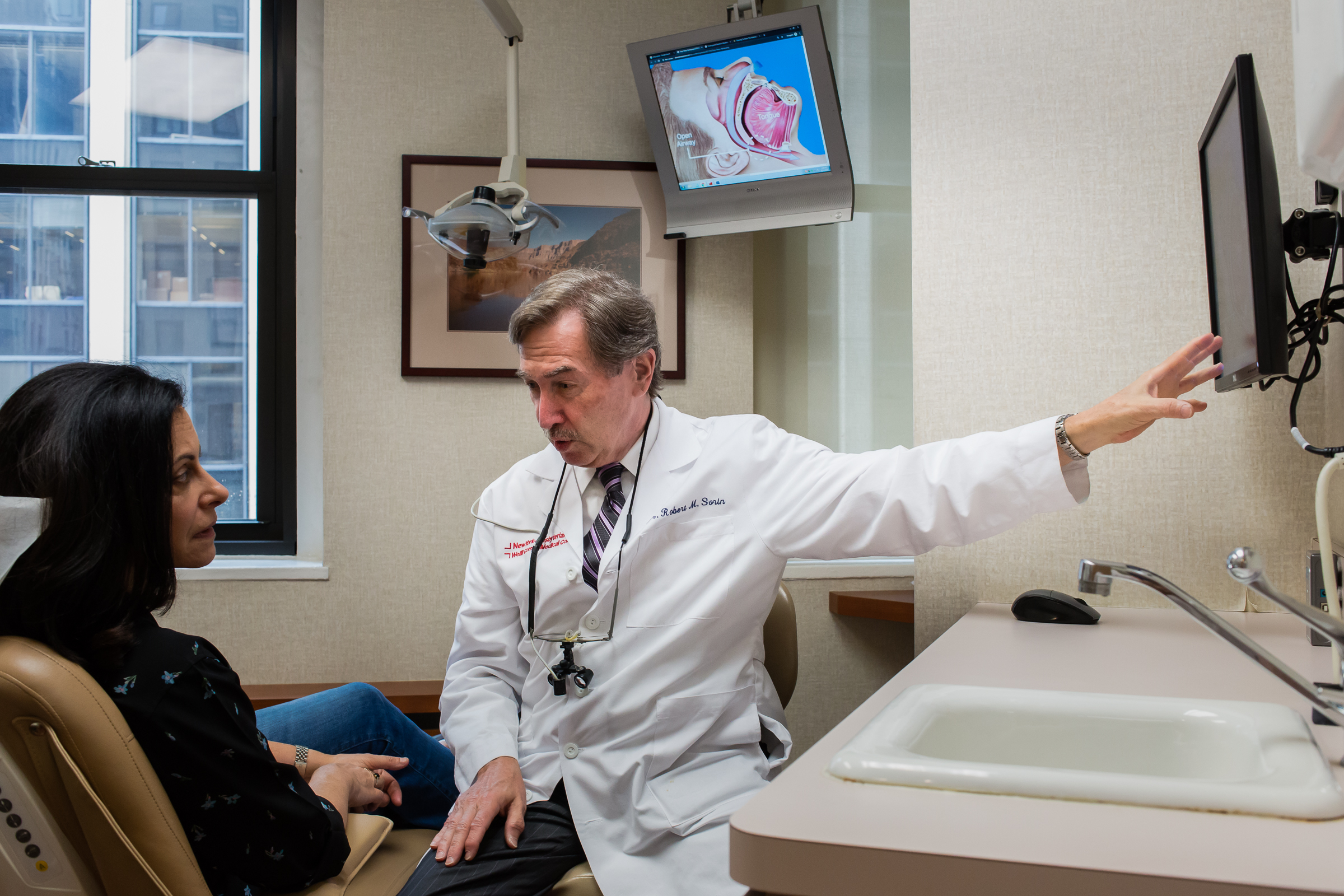“You’re never wrong in seeking a second opinion.”
— Richard Price, DMD, ADA spokesperson
On a recent trip to the dentist, your practitioner shares information about the health of your mouth and teeth.
During your visit, they recommend treatment options. You’re not entirely sure you understood what was said, or why the treatment is necessary.
That’s when doubt about competence and trust sneaks into your mind. You’re unsure about what to do next.
Every dentist is unique in their approach to treating dental health problems. If for any reason you’re questioning a treatment or procedure, I would recommend getting a fresh, honest, unbiased second opinion.
What You Need to Know Before Seeking a Second Opinion
When seeking a second opinion, consider consulting a dentist with expertise in the recommended treatment area. You’ll want to select a dentist that openly communicates and is capable of clearly explaining the diagnosis and the risks and benefits of available treatment options. With access to this additional information, you will be able to make an informed decision about the treatment that works best for you.
First, you need to find another dentist to assess your problem:
Once you find a dentist for your consult, the next step is making a list of questions to ask during the consultation. Here are some examples:
- Do you agree with the diagnosis my dentist has made?
- What other treatment options are available?
- How much will each option cost?
- How will each treatment option improve my dental health?
- What are the risks and benefits of treatment?
- What is the timeline for the treatment?
- What is the potential outcome if treatment is done?
- What, if any, self-maintenance is required?
- What should I expect in the future?



Weighing Your Dental Treatment Options
As you consider your options, keep in mind the experience of all prospective practitioners. Although your current dentist has the advantage of familiarity with your dental health history, a new dentist may have access to new technologies and advanced approaches to dental medicine. The most important thing is to avoid making any major decisions about your dental health until all your concerns have been addressed and you feel comfortable with the care and information received.
We Can Provide an Honest Second Opinion
Robert Sorin, DMD PC is a patient-centered, relationship-based dental practice dedicated to delivering optimum health, comfort, and beauty. We welcome patients to our midtown Manhattan cosmetic/restorative dental office from 8:30 am to 5:30 PM Monday and Wednesday, and from 7:30 AM to 5:30 PM on Tuesday and Thursday.

